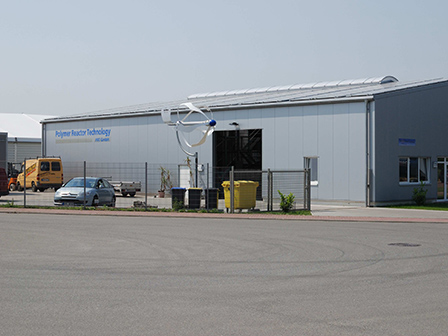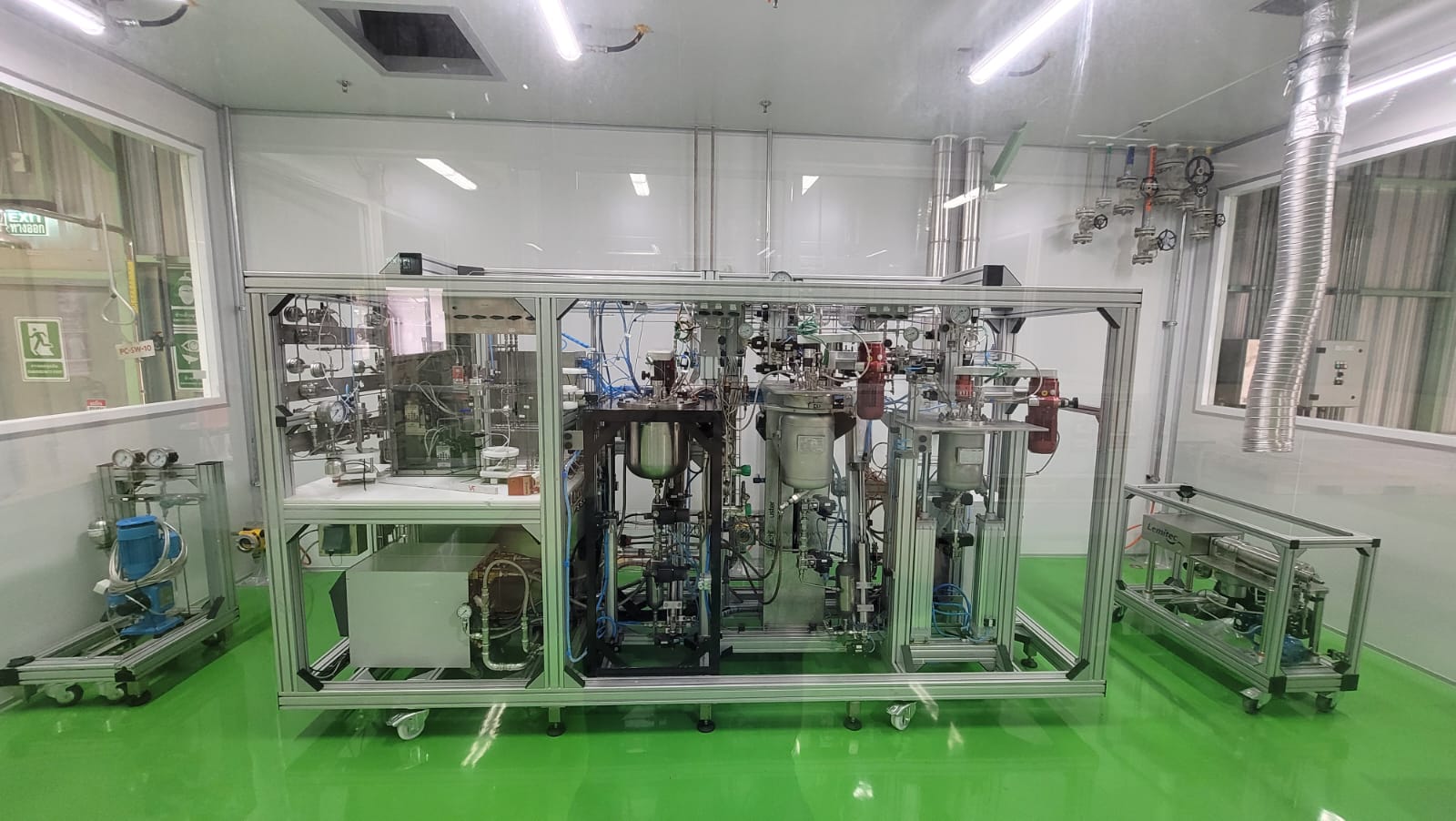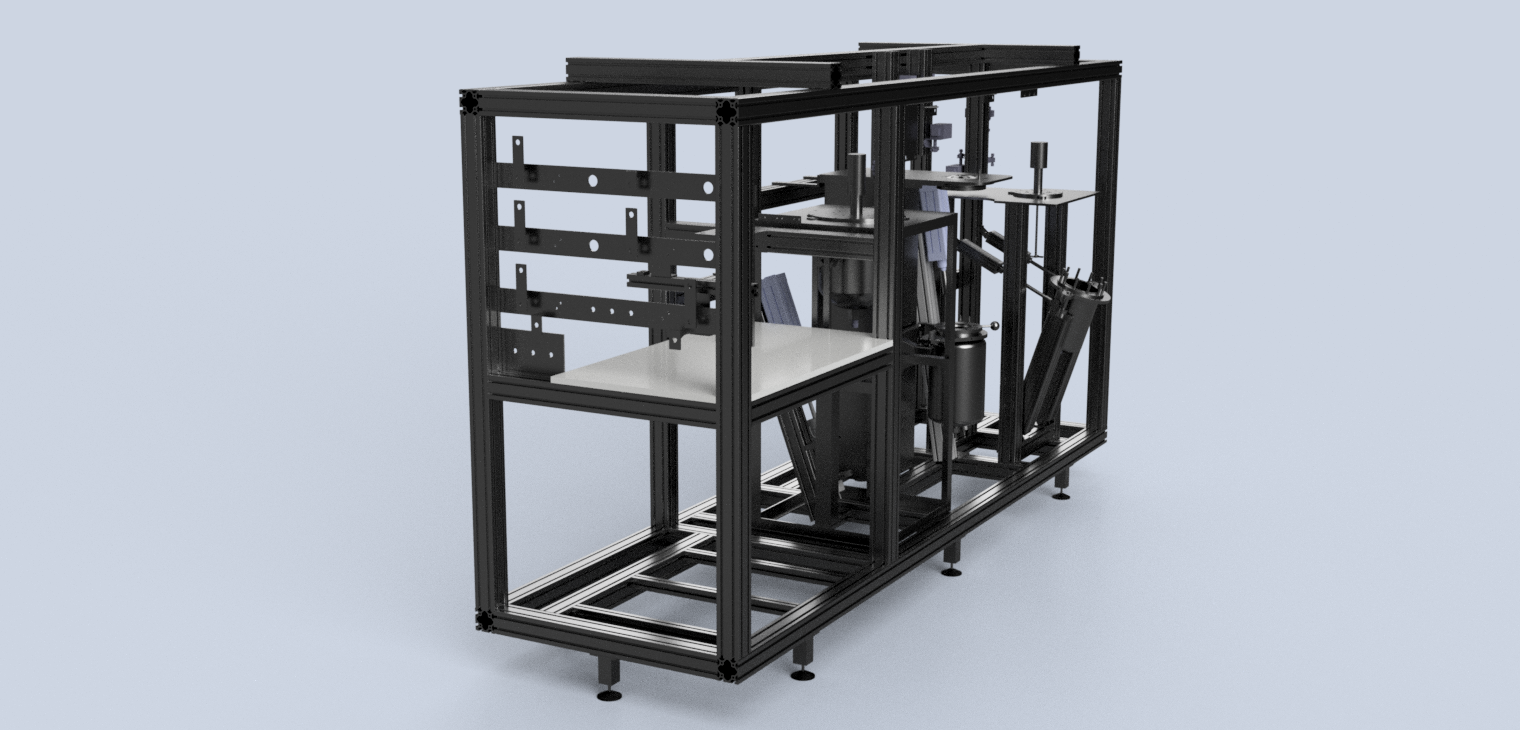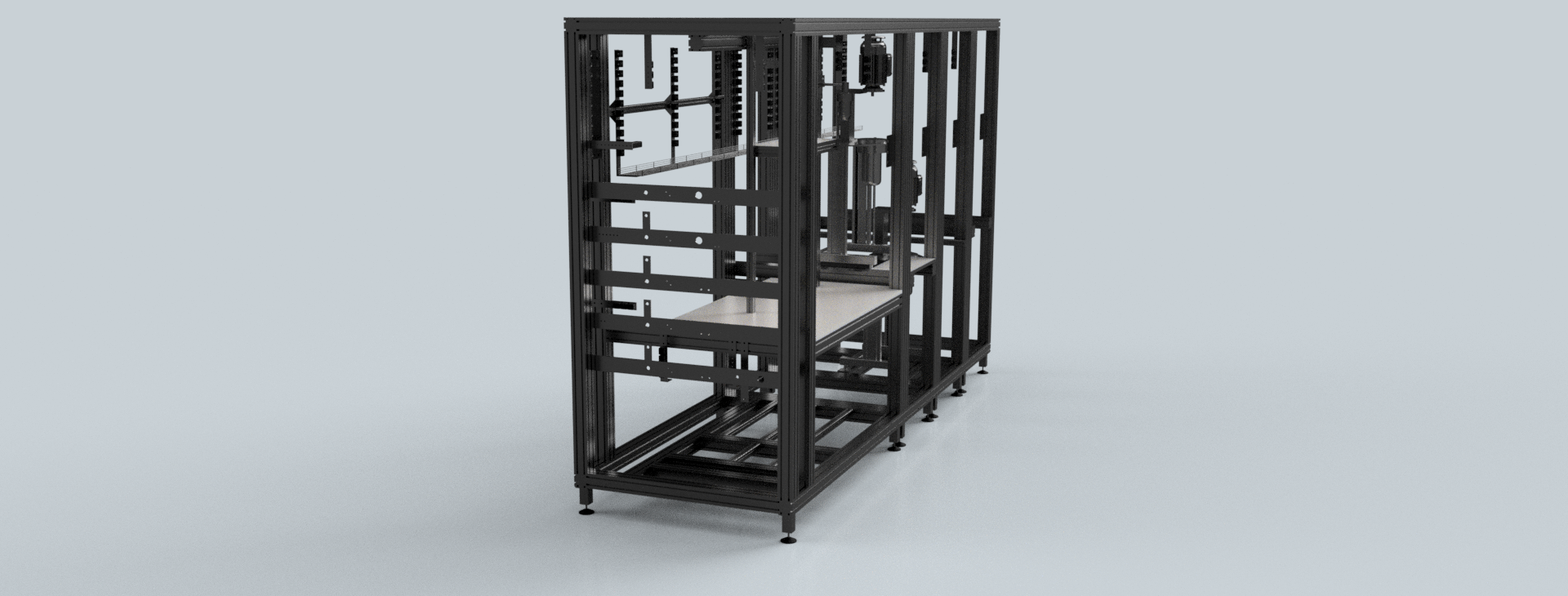PRT is specialized in catalytic olefin polymerization research and engineering. We design and build miniplants that can produce polymers of industrial quality.
About Polymer Reactor Technology
Based on more than 120 man-years of research experience, PRT designs and builds affordable setups, including service, training, warranty, HAZOP, FAT and SAT.
We build our miniplants adapted to the requirements and facility of our customer.
Core experience has been developed for design and manufacturing of automated continuous miniplants for olefin polymerizations that allow producing industrial grades of almost all kinds of polyolefin-based products. The setup size can range from single-particle reactors to pilot plant size.
PRT permanently increases the number of sophisticated experimental setups the use of which we offer to our clients within contracted R&D projects world-wide, preferrable focused on development of products and special process equipment.
Polymer particle size growth:
One gramm of catalyst can produce up to 30 tons of polymer!
When the conditions are right. This is one of PRTs skills.
The video shows the exothermic reaction.
PRT has the following capabilities and expertise:
- planning, design, building and testing of catalytic polymerization miniplants
- planning, design, building and testing of purification units
- experimental investigations, data analysis and interpretation (for example for new catalysts)
The miniplants and purification units typically have these features:
- gas analysis
- automation to a desired degree
- data aquisition
- product filtering or seperation
- catalyst handling system
- multi stage safety concept
Usually, we build these plants according to EU/NA standards as prototypes.

Photo of the PRT workshop in Ahaus (~2011).
Examples of PRT’s experimental services:
- catalytic olefin (co- and ter-) polymerizations
- slurry, liquid propylene, gas phase
- all kind of catalysts
Experiment conditions:
- pressure up to 150bar
- temperature -10°C … 250°C
- reactor size: 0.3L—320L
- filling degree 10%… 100%
- batch and continuous operation



